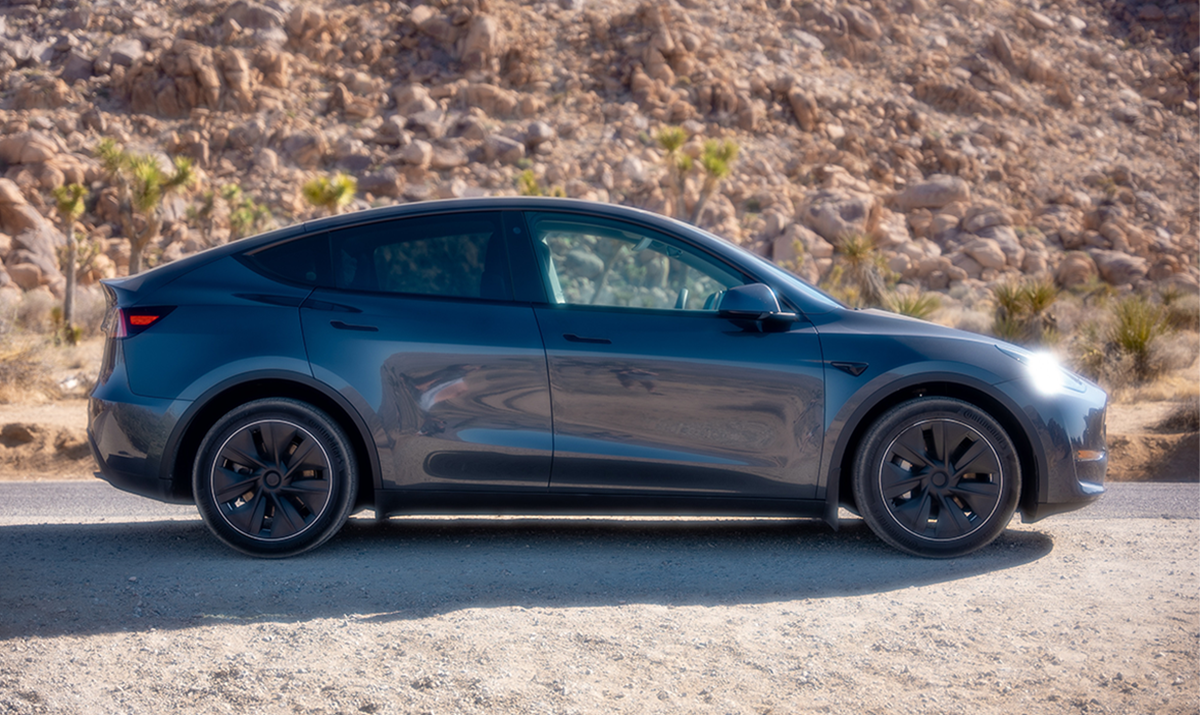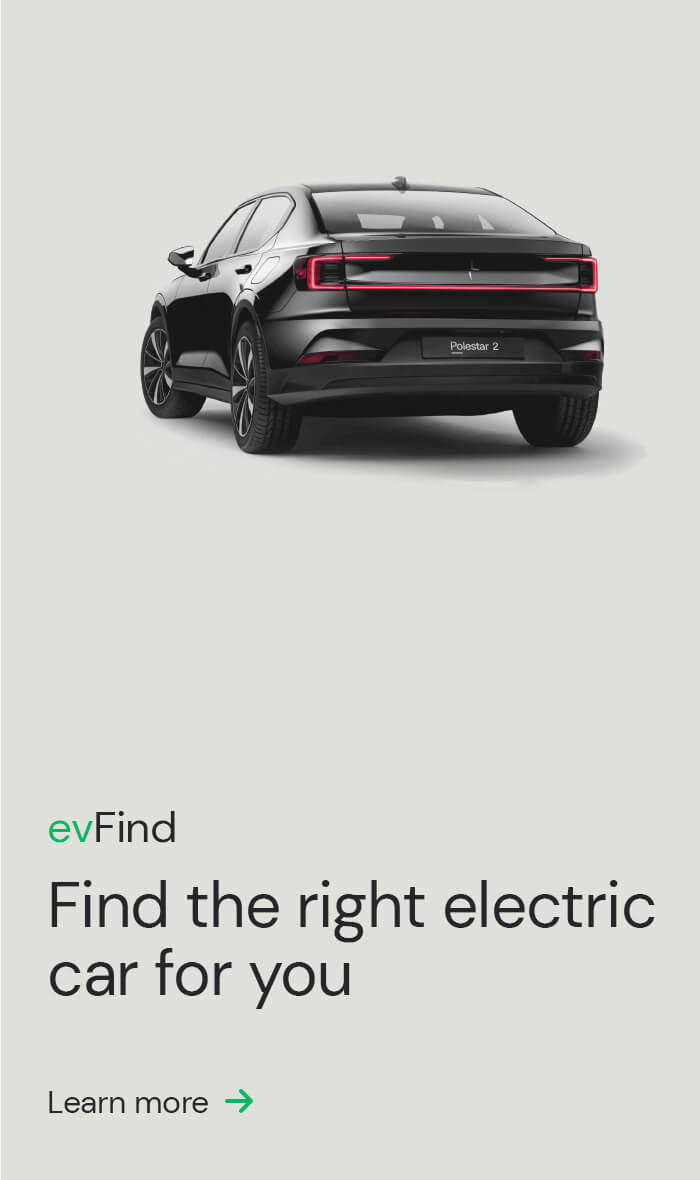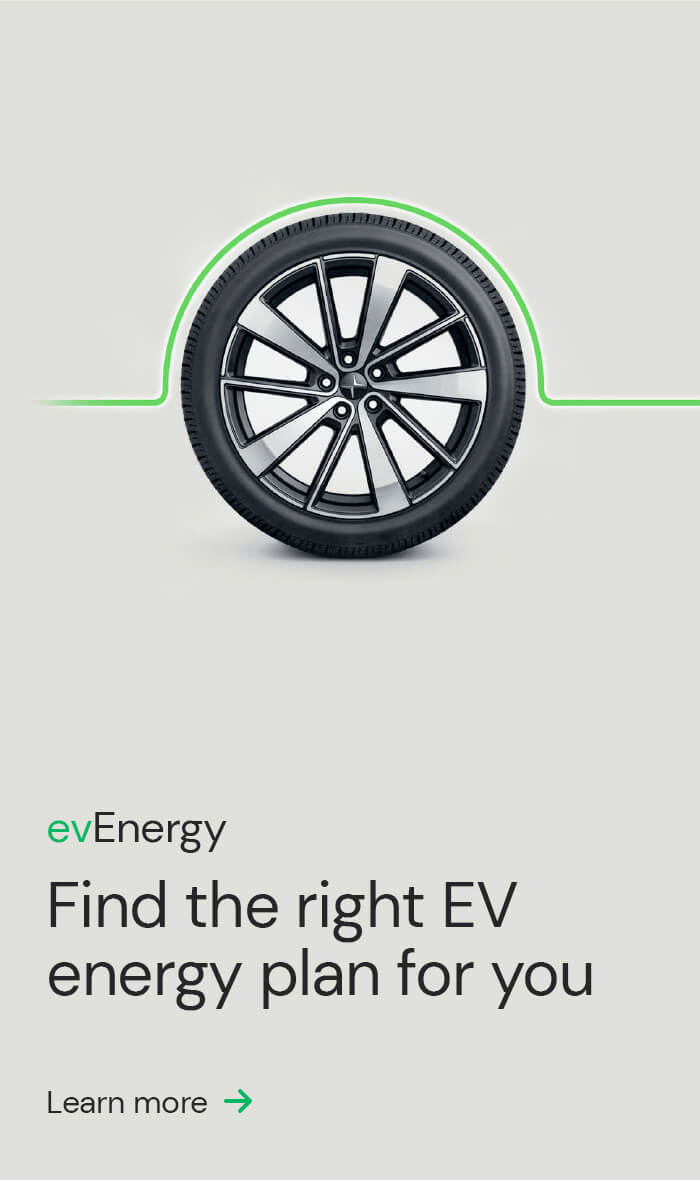Like their petrol-powered counterparts, EVs are not immune to the effects of extreme weather, particularly hot temperatures. As the mercury rises, several factors come into play that can impact an EV’s performance, efficiency and overall operation.
Discover the various ways in which hot weather affects electric vehicles and how you can manage these challenges in times of peak heat.
EV performance can decline
The beating heart of every EV is its lithium-ion battery. In extreme temperatures, the chemical reactions within the battery become less efficient. According to the Australian Electric Vehicle Association, the optimal temperature range for EV batteries is 25°C, however, keeping them under 35°C is the goal.
When an EV’s battery is exposed to high temperatures, it can reduce range. Indeed, HERE Technologies estimates that when temperatures start to go above 35°C, the EV range can drop by 15%. Meanwhile, a Seattle-based battery health data company Recurrent study revealed that extreme heat can reduce EV battery range by as much as a third.
Over time, long-term exposure can lead to accelerated degradation, a shorter battery lifespan and the need for more frequent battery replacements.
Charging can present challenges
When an EV’s battery is charging, it generates heat. Therefore, charging an EV in hot weather can present challenges. To protect the battery from overheating, most EVs incorporate thermal management systems. These systems limit the rate at which the battery charges, however, the Nickel Institute states that thermal management systems can also reduce range.
Consequently, you may experience slower charging times and a limited range when charging during hot weather. At times, some public charging stations may automatically adjust the charging rate based on temperature to protect your EV battery.
How to look after your EV in hot weather
Taking care of your electric vehicle in hot weather is essential to ensure its performance, safety and longevity. Follow these best practice tips for looking after your EV in hot weather.
- Park in the shade whenever possible to reduce direct sun exposure on your EV. Using a car cover or sunshade can also help.
- Using air-conditioning in hot weather draws power from the battery and can affect your driving range, so to maximise energy efficiency, use air-con sparingly.
- To reduce the energy required for air-conditioning during your drive, use your EV’s pre-conditioning feature to cool the interior and battery while charging.
- The Nickel Institute recommends charging your EV battery at mid-range 60-70% for the greatest efficiency in hot temperatures.
- Keep an eye out for warning signs or alerts related to battery temperature. If your EV has a thermal management system, allow it to operate as designed to keep the battery within the optimal temperature range.
- If you notice signs of overheating or battery-related issues, consider stopping your EV in a safe location and allowing it to cool down before continuing your journey.
- If you’re heading out on a long journey, plan your route carefully, considering the potential impact of hot weather on your EV’s range. Be prepared for a slightly reduced range in high temperatures.
- Don’t forget about your own wellbeing in extreme heat; carry emergency supplies such as water, sun protection and a first-aid kit in your EV at all times, just in case.
Summary
- When an EV’s battery is exposed to high temperatures, it can reduce range between 15% and 30%.
- The optimal temperature for EV batteries is 25°C, however keeping them under 35°C is the goal.
- Long-term exposure to high temperatures can lead to more frequent battery replacements.
- The additional heat generated from charging can reduce charge times and range in hot weather.
- In hot weather, park in the shade, limit air con to maximise efficiency, be alert to overheating warnings and plan your route beforehand, taking reduced range into account.
Are you considering making the switch to an electric vehicle? ActewAGL can help you effortlessly find, finance and charge your EV. Discover how ActewAGL can support your transition to sustainable driving today. Find out more here.
Sources
https://aeva.asn.au/articles/thermal-management-in-ev-batteries/



